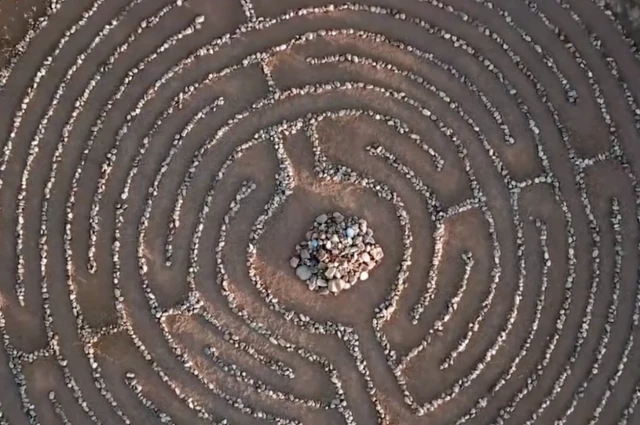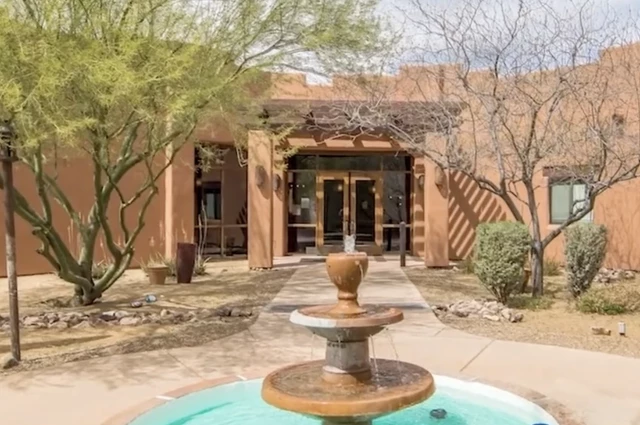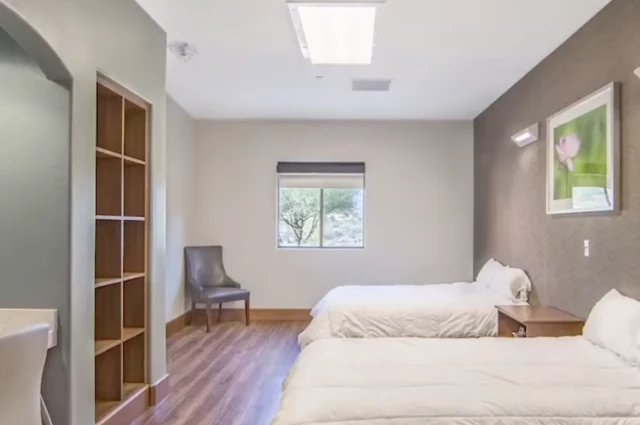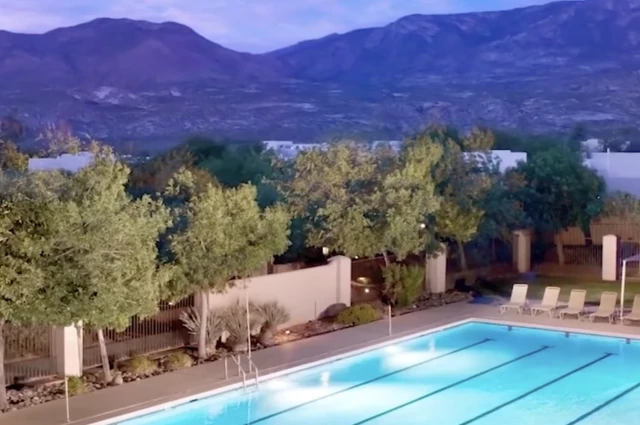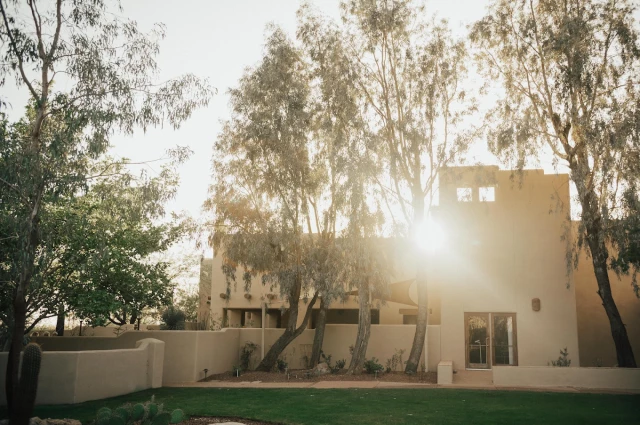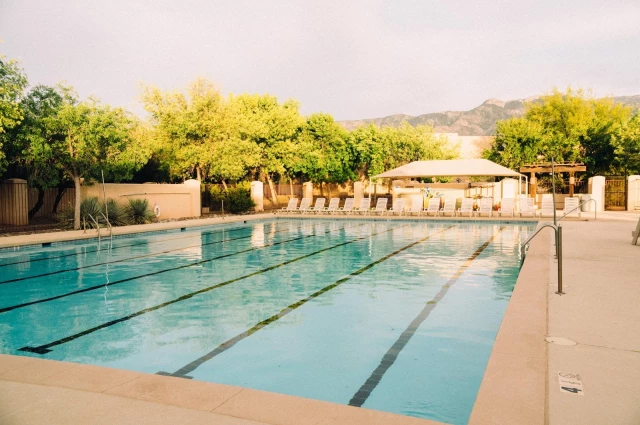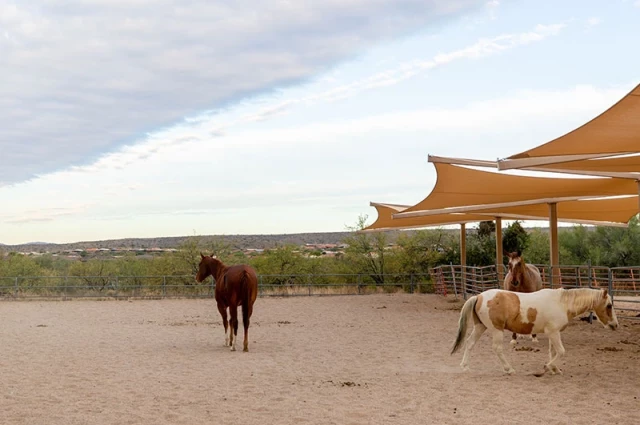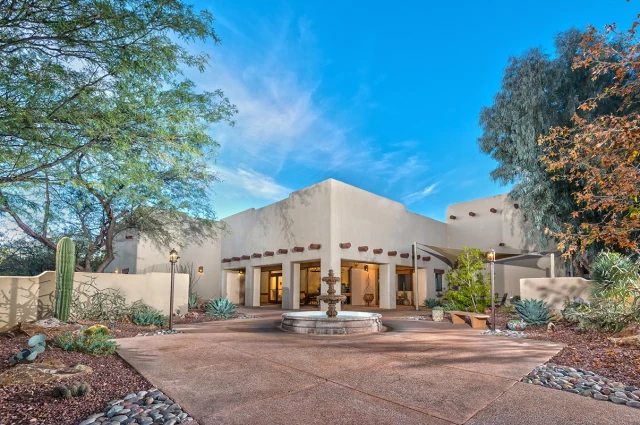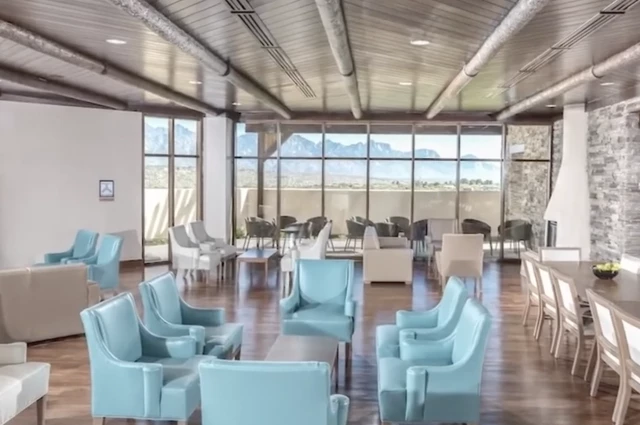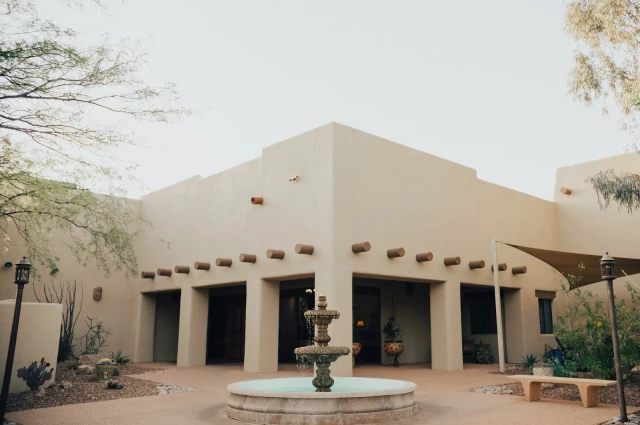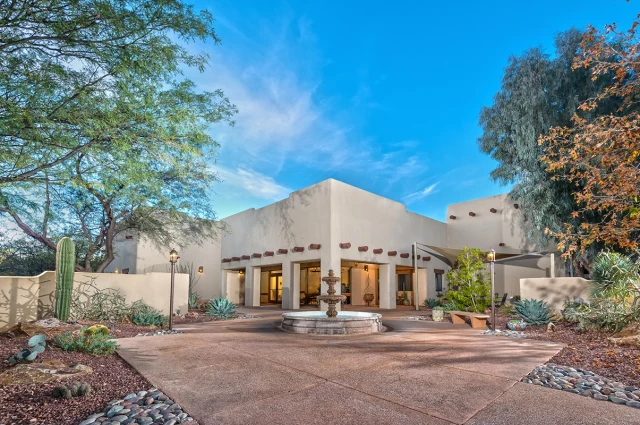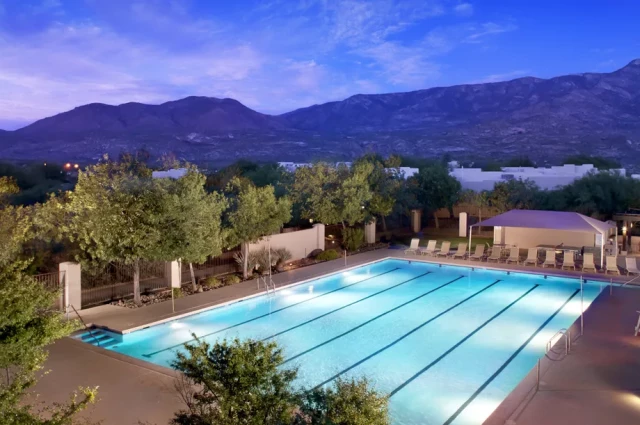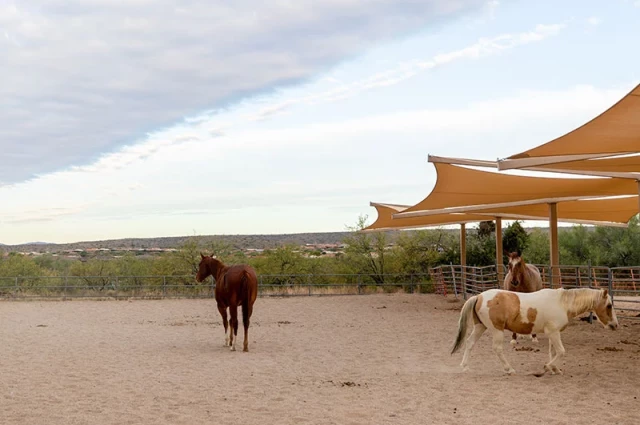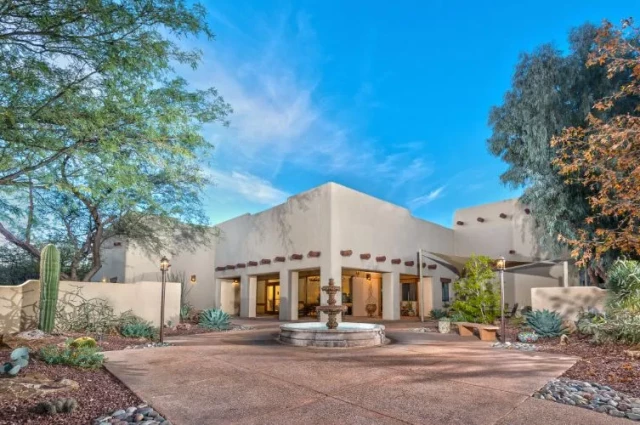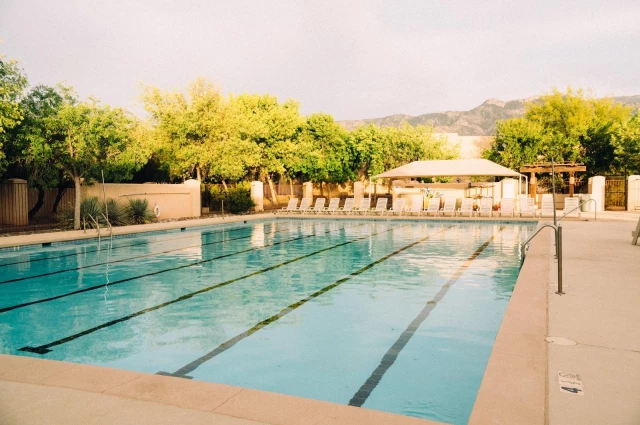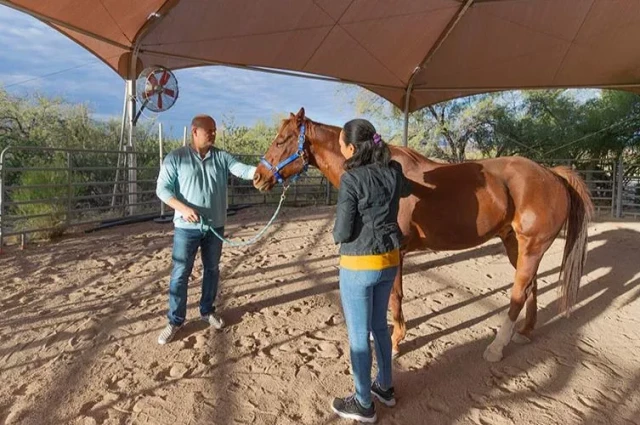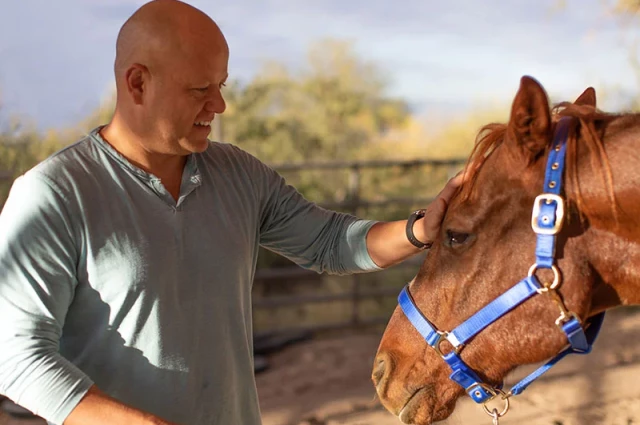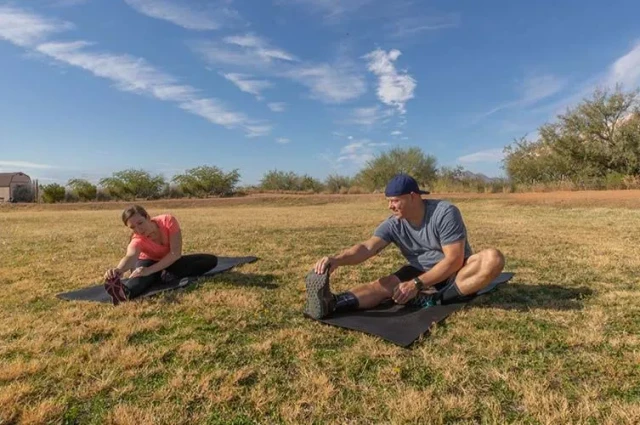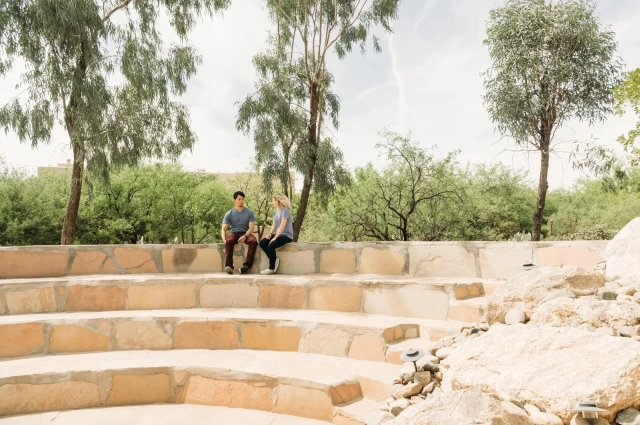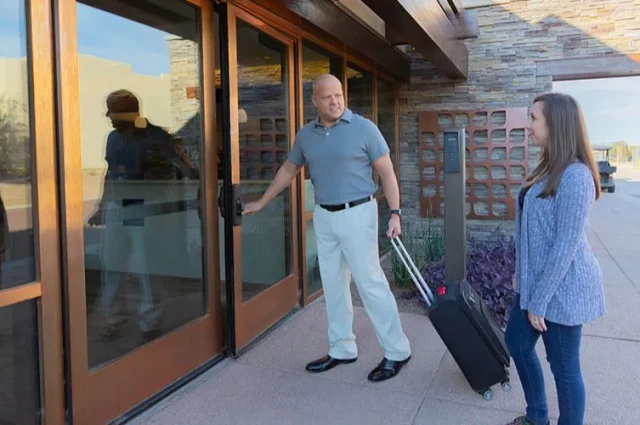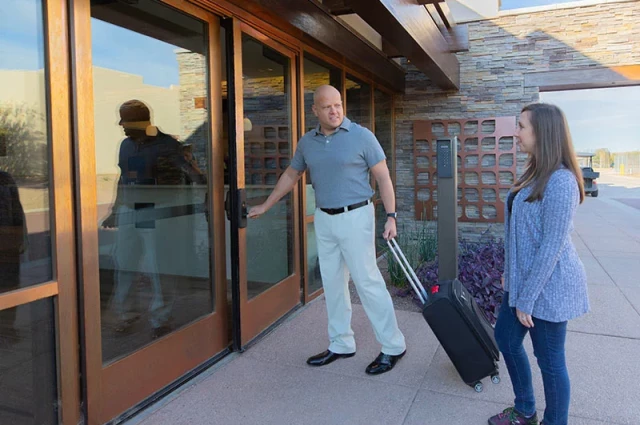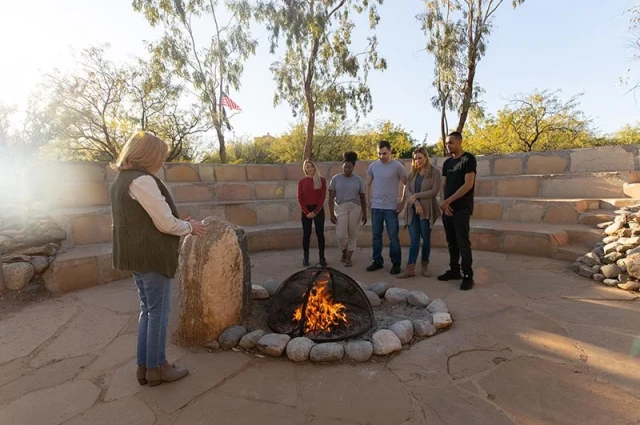Founded in 1983, Sierra Tucson is located in Tucson, Arizona, and provides comprehensive treatment for addiction, mood disorders, anxiety, trauma and PTSD, as well as co-occurring disorders. This facility offers a range of programs, including addiction recovery, mood disorders, pain recovery, trauma and PTSD treatment, co-occurring eating disorder treatment, the Red, White, and Blue program, subacute inpatient program, family program, and outpatient program.
Sierra Tucson features a Behavioral Health Inpatient Unit, where residents undergo detoxification under the supervision of healthcare professionals. The facility employs evidence-based treatment modalities such as Cognitive Behavioral Therapy (CBT), Dialectical Behavior Therapy (DBT), Nutritional Therapy, individual and group therapy, the 12-step program, Eye Movement Desensitization and Reprocessing (EMDR), and equine therapy. Additionally, Sierra Tucson offers integrative therapies, including acupuncture, reiki, massage therapy, and shiatsu therapy.
Sierra Tucson provides personalized and holistic treatment, addressing the needs of the whole person. The facility is situated on a 160-acre campus, enhancing the therapeutic environment. Sierra Tucson is accredited by The Joint Commission, ensuring the highest standards of care.
